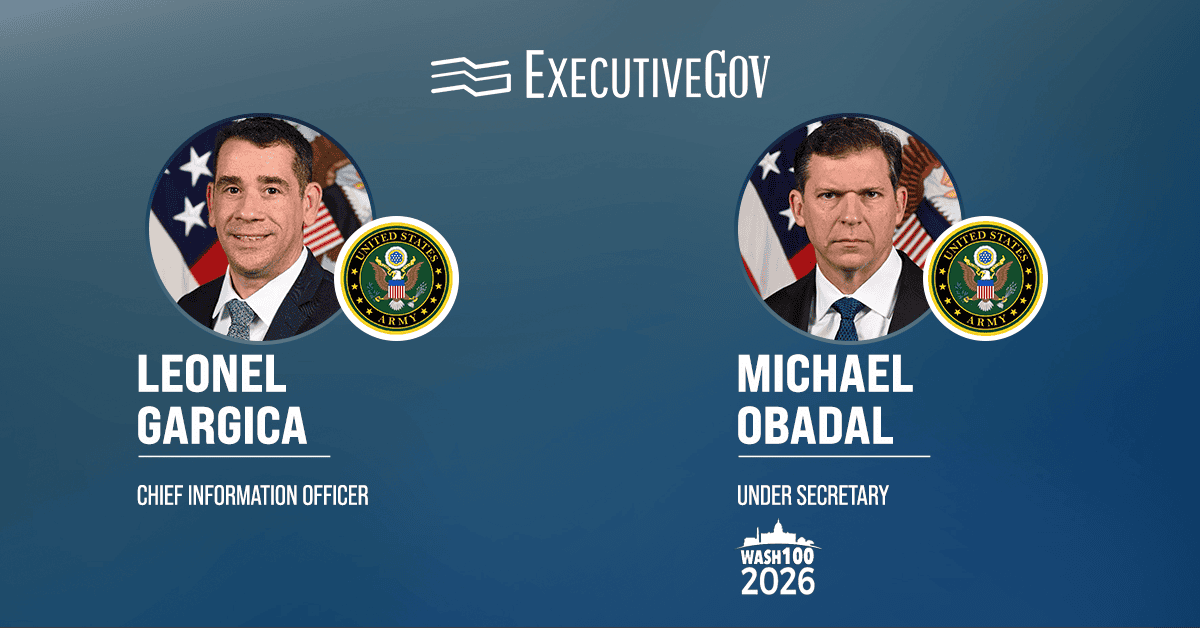
The F-35 Joint Program Office hopes to see a 23 percent decrease in flight-hour costs for the F-35A aircraft variant from $44,000 to $34,000 by 2024, Air Force Magazine reported Thursday.
Vice Adm. Mat Winter, head of the F-35 JPO, testified before members of the House Armed Services tactical air and land forces subcommittee that the office seeks to achieve a 26 percent drop from $34,000 to $25,000 for the U.S. Air Force variant after five years. He added that the JPO is looking for an affordable cost per flying hour due to “other demands for those resources outside of F-35.â€
The Department of Defense’s Cost Analysis and Program Evaluation office expects F-35A flight-hour costs to flatten and eventually increase after 2024 due to factors like depot maintenance which the aircraft requires as it ages.





